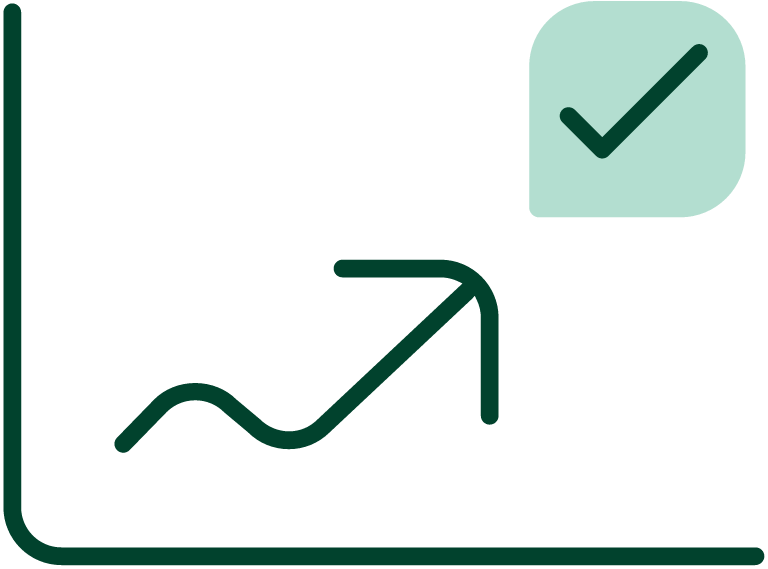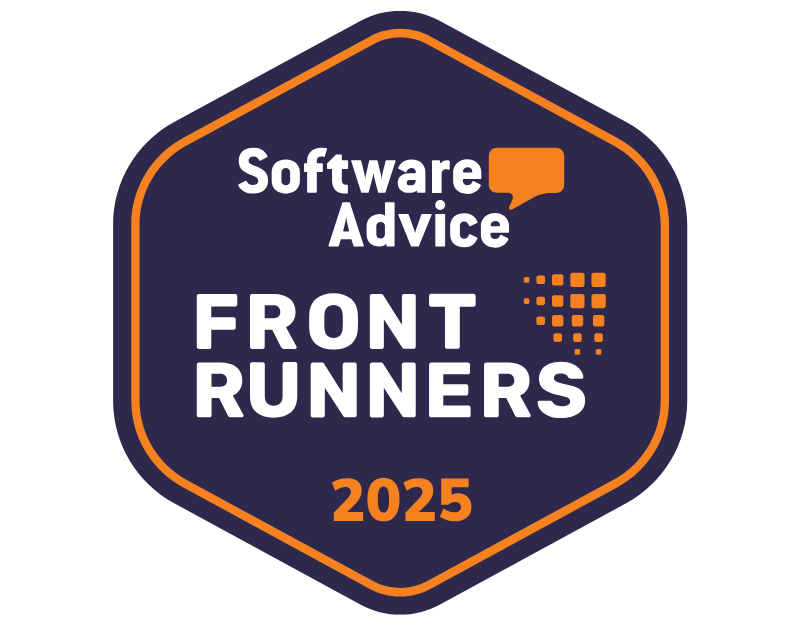When it comes to business finance, managers need to fill several different roles for things to run smoothly. Two of the most important positions are controller and CFO. What are the differences between these two roles? Which one is right for your company? Do you need the CFO or controller — or both?
What Is a Financial Controller?
In most cases, a controller ensures the accuracy of financial documents. Controllers also oversee the documentation of financial transactions and ensure compliance with Generally Accepted Accounting Principles.
They typically have degrees in accounting or finance, and some may have an MBA or other advanced degree. Controllers must be able to analyze financial data and generally handle tasks like these:
- Collecting, analyzing and consolidating financial data
- Preparing budgets and managing budgeting schedules
- Reviewing and approving invoices
- Supervising accounts payable and accounts receivable staff
What Is a Chief Financial Officer?
The financial controller reports to the CFO. This senior executive manages all financial aspects of the organization. As a high-level manager, the role extends beyond merely tracking and recording transactions or handling day-to-day financial tasks. It also involves people management and strategizing.
CFOs usually have a degree in accounting and business administration, but may also have a degree in engineering or another technical field. They must have significant experience in financial analysis and management as well to succeed in this role. These are some of the tasks they perform:
- Overseeing financial planning and analysis
- Approving or finalizing proposed budgets
- Managing investor relationships
- Taking corrective action according to key metrics
What Is the Difference Between Controller and CFO Roles?
In some organizations, one person performs the role of a controller and CFO. However, from an HR or strategic perspective, both roles serve different purposes. Even when separate, both roles do overlap. Consequently, the CFO usually determines what roles the controller handles.
When reviewing controller vs CFO differences, more often than not, controllers tend to focus on audits, financial operations, and accounting tasks. In contrast, the CFO oversees the overall company performance and plays a crucial role in developing strategies for the organization.
Want to improve your DSO?
Download this eBook to understand how to enhance your collections process with automation
Download NowHow Do You Know If Your Company Needs a CFO or Controller?
When determining which professional your business needs, more often than not, you might find the answer is both. Take a closer look at the details.
When To Hire a Corporate Financial Controller
If you need to build your financial operations from the ground up, an experienced controller is the right person for the job. This professional can tackle everything from how to set up internal controls to determining the right automation tools and classifying expenses.
A financial controller is also the person to call on if you believe you might face an audit soon. This professional can help you organize your finances, correct your books and can liaise with the financial professionals completing the audit.
When To Hire a Chief Financial Officer
Your company needs a CFO as soon as growth and expansion become the number one agenda. At this point, your business has already matured. This professional will, therefore, need to analyze current operations to determine the best steps forward.
A CFO can also prepare your business to attract external investments. Creating a compelling pitch starts with analyzing your data and presenting it in a way that will attract investors. Your CFO can accomplish this with ease.
All companies planning to go public also need to hire a CFO. The CFO can prepare the company and its existing finance team for new compliance guidelines and accounting regulations that accompany an IPO. Ideally, managers hire a CFO with experience working in startups.
What Are Some Important CFO Performance Metrics?
Qualifications on paper do not always translate into a good match for your organization. Tracking CFO performance can help you determine whether you made a good choice and identify where there is room for improvement. Consider these metrics:
- Cash flow from operations
- Net income or operating cash flow
- Return on equity
- Debt to equity ratio
- Current ratio
What Are Some Important CFO Financial Metrics?
The CFO will also pay keen attention to some important financial metrics to track organizational performance. These metrics provide the data necessary for taking corrective action:
- Earnings before interest and taxes
- Earnings per share
- Accounts receivable turnover
- Inventory turnover
- Days sales outstanding
Is Gaviti Better for a CFO or Financial Controller?
CFOs all across America rely on our accounts receivable software to monitor cash flow. Because financial controllers work directly with the AR team, they use it more frequently than CFOs do, so they can improve the collections process. In fact, one client reduced Receivables-At-Risk by 77%. Try Gaviti for yourself to see what it can do for your business.






















